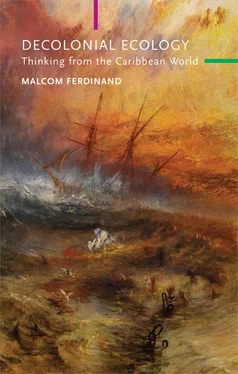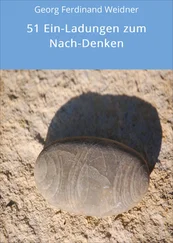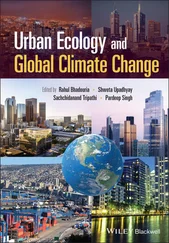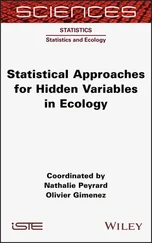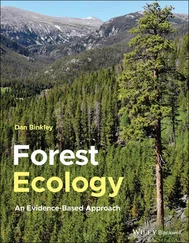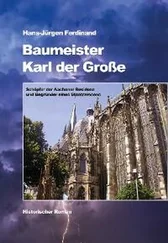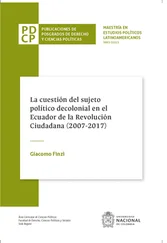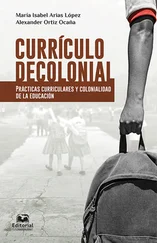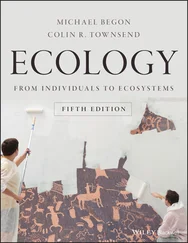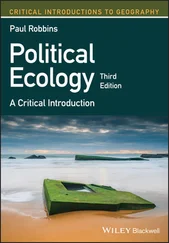46 46 Latour, We Have Never Been Modern.
47 47 Tzvetan Todorov, The Conquest of America: The Question of the Other, trans. Richard Howard (New York: Harper & Row, 1984), pp. 151–2; André Saint-Lu, “Bartolomé de Las Casas et la traite des Nègres,” Bulletin Hispanique 94/1 (1992): 39–40.
48 48 Henry Louis Gates, Jr., Black in Latin America (New York: New York University Press, 2011). [Translator’s note: Hors-sol is translated as “off-ground,” though sol may also be translated as “land” or “soil.” Land would suggest a focus on sovereignty that is not intended, and soil loses the metaphorical valance of the term. Ground should be read as referring to the material ground of the soil and the abstract ground of existence.]
49 49 Roger Bastide, African Civilizations in the New World, trans. Geoffrey Parrinder (London: Hurst, 1971); Richard Price (ed.), Maroon Societies: Rebel Slave Communities in the Americas (Baltimore: Johns Hopkins University Press, 1996); Christine Chivallon, Espace et identité à la Martinique: paysannerie des Mornes et reconquête collective, 1840–1960 (Paris: CNRS Éditions, 1998); Arturo Escobar, Sentir-penser avec la Terre: l’écologie au-delà de l’Occident, trans. Roberto Andrade Pérez et al. (Paris: Seuil, 2018); Catherine Benoît, Corps, jardins, mémoires: anthropologie du corps et de l’espace à la Guadeloupe (Paris: CNRS Éditions & Maisons des Sciences de l’homme, 2000).
50 50 Translator’s note: “Transshipped” normally translates the French transbordés in normal instances of commercial and nautical usages of the term. The meaning intended here is derived from Glissant’s usage of the term in his Le Discours antillais. There “transshipped” is used to describe the experience of Africans who were kidnapped, enslaved, and forcibly transported to the Americas and changed “into something different.” This is in distinction to the form of forced movement and experience of being “transplanted,” suffered by other oppressed peoples who nevertheless still maintain their original identity in the new environment. This term is not translated consistently in the English edition of Glissant, but readers can consult Édouard Glissant, Caribbean Discourse: Selected Essays, trans. J. Michael Dash (Charlottesville: University Press of Virigina, 1989), pp. 14–16.
51 51 Walter D. Mignolo and Arturo Escobar (eds), Globalization and the Decolonial Option (London: Routledge, 2010), p. 2.
52 52 Regarding the forgetting of Haiti in decolonial thought, see Adler Camilus, “Conflictualités et politique comme oubli du citoyen,” PhD thesis, University of Paris VIII, under the direction of Georges Navet, 2015.
53 53 Gordon, An Introduction to Africana Philosophy; Nick Nesbit, Caribbean Critique: Antillean Critical Theory from Toussaint to Glissant (Liverpool: Liverpool University Press, 2013); Cedric J. Robinson, Black Marxism: The Making of the Black Radical Tradition (Chapel Hill: University of North Carolina Press, 2000); Souleymane Bachir Diagne, Open to Reason: Muslim Philosophers in Dialogue with the Western Tradition, trans. Jonathan Adjemian (New York: Columbia University Press, 2018), pp. 46–54; Ajari, La Dignité ou la mort; Katherine McKittrick (ed.), Sylvia Wynter: On Being Human as Praxis (Durham, NC: Duke University Press, 2015).
54 54 Elsa Dorlin, La Matrice de la race: généalogie sexuelle et coloniale de la nation (Paris: La Découverte, 2009); Anne Berger and Eleni Varikas (eds), Genre et postcolonialismes: dialogues transcontinentaux (Paris: Éditions Archives contemporaines, 2011); bell hooks, Ain’t I a Woman? Black Women and Feminism (London: Routledge, 2015); Angela Y. Davis, Women, Race, and Class (New York: Vintage Books, 1983); Kimberlé Crenshaw, “Mapping the Margins: Intersectionality, Identity Politics, and Violence Against Women of Color,” Stanford Law Review 43 (1991): 1241–99.
55 55 Deane Curtin, Environmental Ethics for a Postcolonial World (Lanham, MD: Rowman & Littlefield, 2005); William Adams and Martin Mulligan (eds), Decolonizing Nature: Strategies for Conservation in a Post-Colonial Era (London: Earthscan, 2003).
56 56 Robert Bullard (ed.), Unequal Protection: Environmental Justice and Communities of Color (San Francisco: Sierra Club Books, 1994); Ryan Holifield, Jayajit Chakraborty, and Gordon Walker, The Routledge Handbook of Environmental Justice (London: Routledge, 2018); David V. Carruthers (ed.), Environmental Justice in Latin America: Problems, Promise, and Practice (Cambridge, MA: MIT Press, 2008); David McDonald, Environmental Justice in South Africa (Cape Town: University of Cape Town Press, 2002); David Schlosberg, Defining Environmental Justice: Theories, Movements, and Nature (Oxford: Oxford University Press, 2007).
57 57 Elizabeth DeLoughrey and George Handley (eds), Postcolonial Ecologies: Literatures of the Environment (Oxford: Oxford University Press, 2011); Elizabeth DeLoughrey, Jill Didur, and Anthony Carrigan, Global Ecologies and the Environmental Humanities: Postcolonial Approaches (New York: Routledge, 2015); Helen Tiffin and Graham Huggan, Postcolonial Ecocriticism: Literature, Animals, Environment (London: Routledge, 2009); Bonnie Roos and Alex Hunt, Postcolonial Green: Environmental Politics and World Narratives (Charlottesville: University of Virginia Press, 2010); Upamanyu Pablo Mukherjee, Postcolonial Environment: Nature, Culture, and the Contemporary Indian Novel in English (Basingstoke: Palgrave Macmillan, 2010); Campbell and Niblett, The Caribbean; Byron Caminero-Santangelo, Different Shades of Green: African Literature, Environmental Justice, and Political Ecology (Charlottesville: University of Virginia Press, 2014).
58 58 Alfred Crosby, Ecological Imperialism: The Biological Expansion of Europe, 900–1900 (Cambridge: Cambridge University Press, [1986] 2004); Benjamin Chavis, Jr., Toxic Wastes and Race in the United States: A National Report on the Racial and Socio-Economic Characteristics of Communities with Hazardous Waste Sites (New York: Commission for Racial Justice Public Data Access, 1987); Larry Lohman, “Green Orientalism,” The Ecologist 23/6 (1993): 202–4; Robert H. Nelson, “Environmental Colonialism: ‘Saving’ Africa from Africans,” Independent Review 8/1 (2003): 65–86.
59 59 Jacques Roumain, Masters of the Dew, trans. Langston Hughes and Mercer Cook (Oxford: Heinemann, [1944] 1978).
60 60 Aimé Césaire, Discourse on Colonialism, trans. Joan Pinkham (New York: Monthly Review Press, 2001), p. 43; translation slightly modified.
61 61 Fanon, The Wretched of the Earth, pp. 56–7.
62 62 Nathan Hare, “Black Ecology,” The Black Scholar: Journal of Black Studies and Research 1/6 (1970): 2–8, at p. 8.
63 63 Thomas Sankara, Thomas Sankara Speaks: The Burkina Faso Revolution, ed. Michael Prairie (New York: Pathfinder, 2007), p. 258; translation modified.
64 64 Ibid., p. 259.
65 65 “Principles of Environmental Justice,” www.ejnet.org/ej/principles.html.
66 66 Wangari Maathai, Replenishing the Earth: Spiritual Values for Healing Ourselves and the World (New York: Doubleday, 2010), pp. 20–1 and 50.
67 67 Francia Márquez, acceptance speech for the Goldman Environmental Prize, San Francisco, 25 April 2018.
68 68 Hannah Arendt, The Human Condition (Chicago: University of Chicago Press, 1998), p. 137; André Gorz, Ecologica, trans. Chris Turner (London: Seagull Books, 2018), p. 50; Étienne Tassin, “Propositions philosophiques pour une compréhension cosmopolitique de l’écologie,” conference proceedings from “Penser l’écologie politique: sciences sociales et interdisciplinarité” at the University of Paris-Diderot, 13–14 January 2014, pp. 180–3; www.fondationecolo.org/blog/ActesEcologiePolitique1.
69 69 Arendt, The Human Condition, pp. 182–3.
Читать дальше
